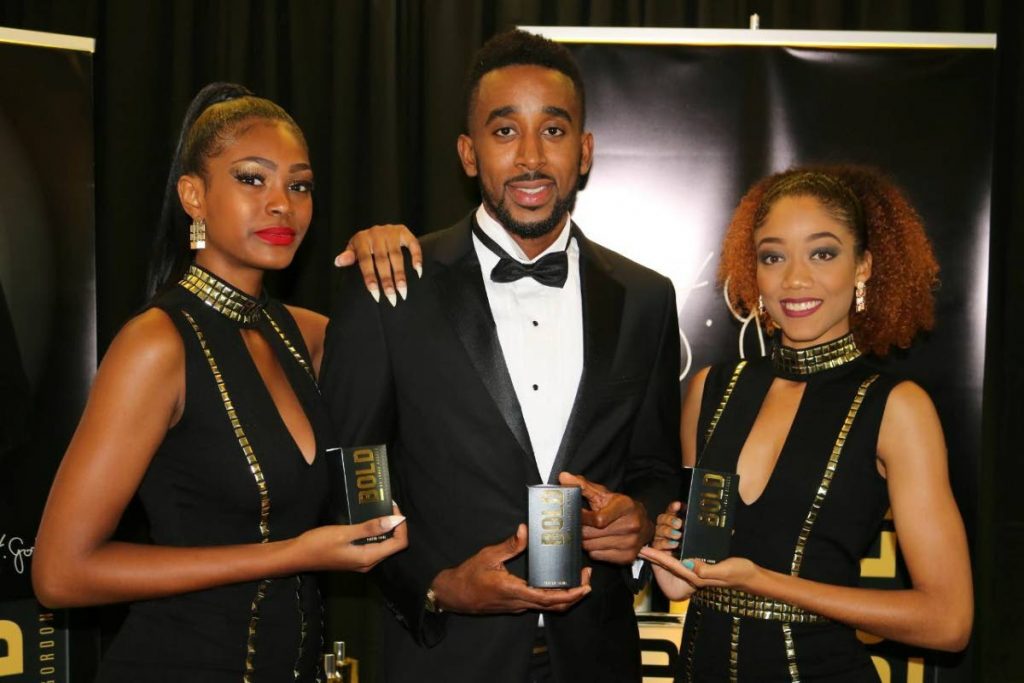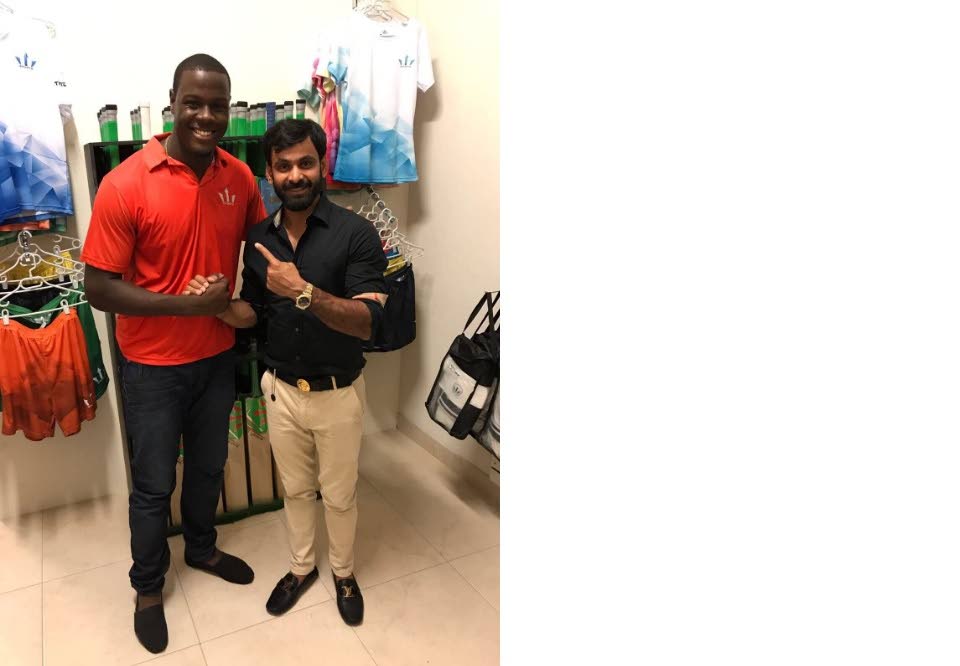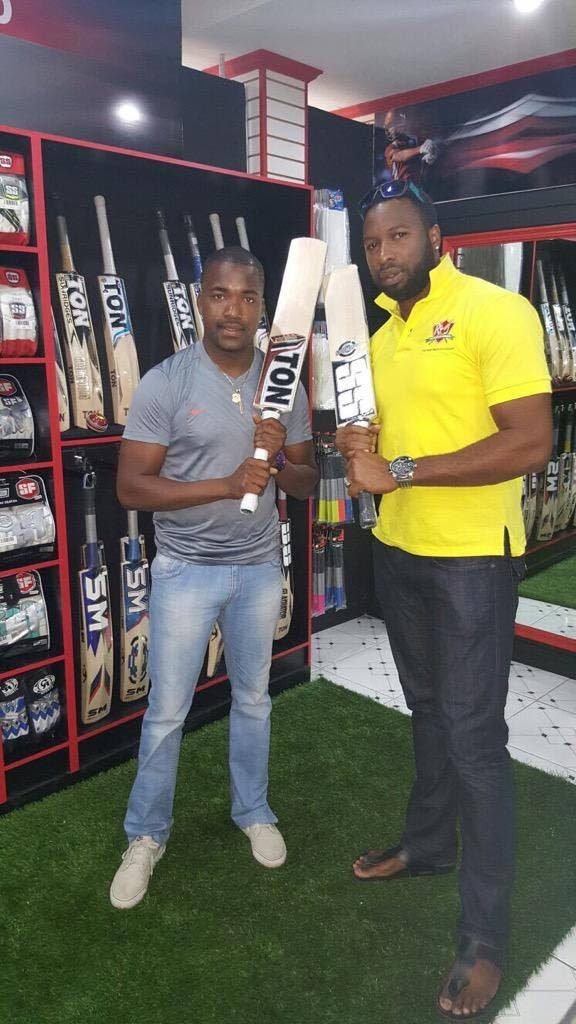The business of sport beyond the field

FOR many youths in depressed communities, a sporting career is seen as a viable way to escape the cycle of poverty. In the modern sporting world, an athlete can be an instant millionaire from his first contract, depending on the sport. But for several of these athletes, they are unable to manage this new-found wealth and can easily squander their earnings.
The American sports media has given numerous examples of athletes going broke once their careers are over.
Former NBA star Antoine Walker is arguably the biggest culprit, blowing close to US$110 million through bad investment and an extravagant lifestyle. The former No.6 pick in the NBA draft played 13 years in the league and spent lavishly on “exotic cars, jewellery, Bentley, Maybachs, designer watches” and expensive vacation trips for him and close to ten friends.
NBA legend Shaquille O’Neal was not immune to this urge to “stunt”, revealing in an interview he spent US$1 million in one day on three Mercedes Benz even before he played a single minute in the NBA. He revealed, however, that an official at the bank called him in and warned him about his spending which he took heed of.
The former Los Angeles Lakers star might be the blueprint of how an athlete can use his or her career to create a brand which would generate income long after their playing days are over.
According to a March 2018 Business Insider article, Shaq, who amassed over US$280 million in NBA salary, now makes more money per year from endorsements than he ever did playing basketball.
An athlete’s career might be worth millions or even billions but one injury could be the difference between a dream life and a life dreaming about “what if”.
Locally, there have been several instances in the past of athletes not putting plans in place for when they retire. The modern athlete, however, is much more cognizant of branding and diversifying their income.
One has to look no further than cricketer Dwayne Bravo who has capitalised on his popularity in the Indian Premier league by tapping into the Indian market.
His music career, not taken seriously locally initially, has taken off and he currently holds the record for most Youtube views by a Trinidadian music artiste with 61 million for his smash hit “Champion”.
Endorsements with Skore condoms in India show Bravo is on top of his game in more ways than one.

Jehue Gordon, 2013 World 400m hurdles champion, graduated in 2015 with a bachelor’s degree in sport management with a double minor in marketing and human resource management. His career on the track has suffered for the past two years since having surgery for an abdominal injury. Gordon’s savvy business mind, however, has put him on the right track with the launch of his signature line of perfume. West Indies cricketer Rayad Emrit said he has been burned in the past by financial deals gone sour but said he currently enjoys a great business relationship with his friend and national teammate Imran Khan as co-owners of A&A Sports store in Charlieveille. Emrit, 37, said it is necessary for him to put things in place so when he retires he and his family can enjoy a standard of living that is comparative to his current status.
Bajan cricketer Carlos Brathwaite is also making moves off the field, and recently launched his own cricket equipment line, Trident Sports, which has been used by the Leeward Islands cricket team as well as several regional cricketers.

Brathwaite, in an interview with Newsday, said financial security is extremely important to him.
“I have a mentor who I am always in contact with and I always run opportunities and financial decisions by him. Some of the important things I’ve read and heard have been: To get rich you can’t save, you have to invest. The poor work for money and the rich let their money work for them.”
He said Trident Sports come about after he took the initiative upon realising one of his friends was close to someone in the industry.
“I always liked business and creating business ideas, and when I needed a long blade bat, I asked a teammate in my Irish club (who knew) a few persons in the bat-making industry. I saw an opportunity and I did some research and spent all my remuneration from my contract getting the company started,” Brathwaite explained.
He said having trustworthy business partners is crucial.
“I’ve already had one or two bad experiences with business partners, and I guess like with all things, they’ll be good and they’ll be bad, trust is very important. My mentor says if you have second thoughts about doing business with someone then don’t do it.”
Brathwaite said he keeps a tight circle but is not immune from friends and family asking him for money.
“Hahaha, my close friends don’t allow me to buy the first drink, but yes I have had a few enquires for loans. I used to give a lot more than I do now but I have a few personal projects on the horizon myself so it’s time to set myself up for the moment,” he said.

Similarly to the old adage of teaching a man to fish rather than giving them fish, Brathwaite hopes to inspire his close friends and family to also become entrepreneurs.
“I think I lead a very simple lifestyle, but that has improved, and the most pleasing thing is that I am able to help improve the lifestyle and standard of living of family and close friends. I see myself as fortunate to be living my dream and being paid for it, everyone in my circle isn’t as fortunate as I am so it pleases me to be able to help them experience some of the luxuries I am afforded. My dream would be to help each of my close friends and family members start a business that positively impacts their financial situation for them and their family.”
Nyssa Pierre, Managing Director/Founder of Pear Tree Consulting, established in 2014, said it is imperative for athletes to take branding seriously. She said her company devises strategies for her clients to maximise their earnings through aligning their personality with companies that might fit their profile and forming partnerships.
She told Newsday social media is an important tool for athletes to increase their popularity and make themselves more marketable.
She advised athletes in a recent Phil the Gap interview, “As far as possible, an athlete should have enough money to cover major surgery, rehab and sustain them for a few months of loss of revenue in the absolute worst case possibility of injury. Try, as far as possible, to find brands that connect with your personality off the field. It’s really important to develop a personal brand that allows you to connect to your fans beyond the goals, runs or medals. This connection is what will sustain your money-making ability during and after your career.”


Comments
"The business of sport beyond the field"